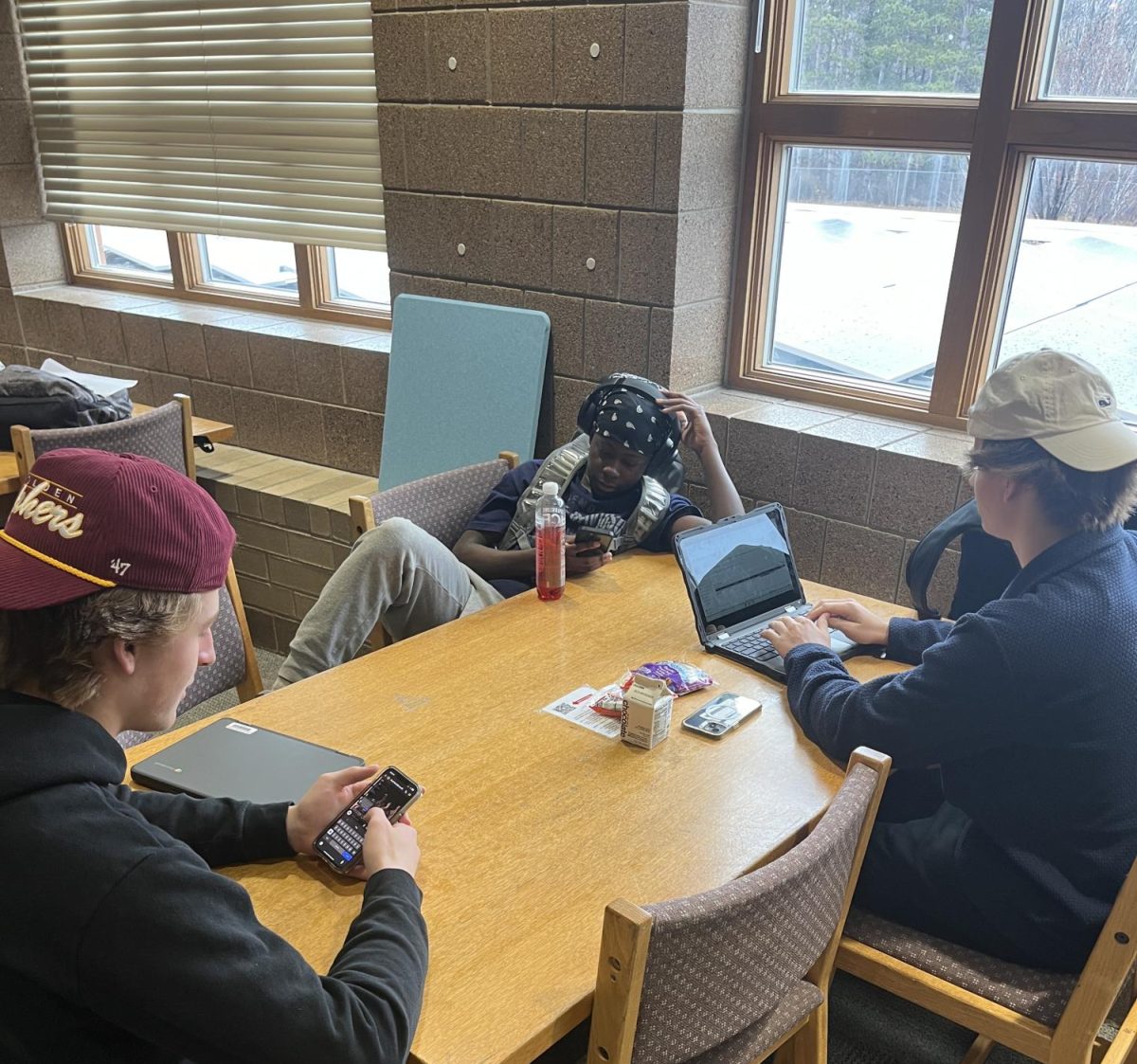According to the Foundation for Economic Education, the same public education system has been used for roughly 150 years. It is a system that does not acknowledge factors like teenage sleep schedules and learning styles. Because of this, many schools across the country have updated their schedules, all fighting to make general education more accommodating for a larger population of students and staff.
This is not a new concept, “American students must have more time for learning. The six-hour, 180-day school year should be relegated to museums, an exhibit from our education past,” the National Education Commission on Time and Learning explained in 1994.
In mid-December students were asked for input on school start times and possible block scheduling. This has been locked in as a viable option for the coming years. Although there is no verdict, many perspectives were considered in the process.
A similar concept of blocking was experimented during COVID-19. For some, like senior Kallie Fahs, there is doubt about its true impact.
“To a certain extent, I liked having only three classes per semester just because it didn’t feel like there was as much pressure in terms of homework. But at the same time, you have to remember that they were trying to squeeze our entire curriculum into one year depending on what class it was. That was also kind of stressful from a student perspective,” Fahs explained.
For these reasons, staff members, like teacher Brady Hannigan, were put in place to examine options with the new plan.
“A group was put together and went and looked at other schools. We had a rubric to show what we wanted out of the new schedule and see more opportunities for kids. I wanted to take a look at how that works and talk to other schools to see where that all fits in and things that they wish they did a little bit differently,” Hannigan said.
This group of staff members looked into many different schedule plans that have been implemented around the area. These have been more than just block plans, looking at “a seven by two and four by four in person. We’ve also looked at others. For instance, Hudson has a block but they do have a modified block where they do an A B day,” Hannigan added.
There are many options set as a possibility, allowing members of this group to make changes to properly adhere to students and staff. This group has worked with schools, advisors, and students to find the “right fit” plan as Hannigan explained it.
Although they are doing the research, is not completely up to them. Ultimately, it will go to the school board and superintendent after a proper list of choices is put together.
Depending on the schedule put into action, its main goal is to allow for more opportunities within the school. Allowing students to experience a learning experience that best fits what they want to participate in and get out of their education.
“People wanted more improvements to mental health and they wanted more options. As a teacher in a department that has the most elective options, I think giving kids options is fantastic,” Hannigan concluded.


















Peter Banister • Feb 6, 2024 at 9:23 am
I personally think block scheduling would not be the best idea. Music programs wouldn’t be able to get as much memorization work done, it would be harder the Pony Express to publish on time. I very much liked the reference to traditional school because it sets a mood for the rest of the story. if block scheduling was in place the school community would go back to how things felt over COVID, divided and lonely. The story was written exceptionally however, I liked the connections and though the quotes fit well.
Bella Sakher • Feb 6, 2024 at 9:02 am
I really enjoy the way you discussed the possibility of block scheduling and tied it into mental health! I agree that the pressure on doing a ton of homework outside of school would lessen on students, especially ones that have jobs. On the other hand, some people might not enjoy that they have to sit in classes for longer periods of time.
Netta Hillegass • Feb 6, 2024 at 8:50 am
Block scheduling seems like a great idea! The lower homework pressure and the addition of more time spent in classes will help many struggling students. It is understandable why the staff is leaning towards this schedule.
Dom Slaughter • Feb 6, 2024 at 8:49 am
On one hand, I would love the extra sleep and flexibility with block schedules and later times, as an athlete I feel concerned about when football practice would end much later than when it usually does. 150 years of the same learning system definitely needs a change to accomodate the mental health crisis.
Kaylee Lowe • Feb 6, 2024 at 8:01 am
I really liked the style of writing. I was reading this article and I could almost feel like I was part of the meeting to decide what to do for block scheduling. Great work Belle!
Ian Lunneborg • Feb 6, 2024 at 7:57 am
I really like the facts presented in this article. Having less classes per semester seems like a really good idea to keep students engaged and learning at a pace better suited for the individual. The links provided in the text also helps to better understand the block schedule system and what it might mean for students if this is implemented next school year. The fact that our current class structure has been used for about 150 years definitely calls for a bit of a modernization like the article suggests.